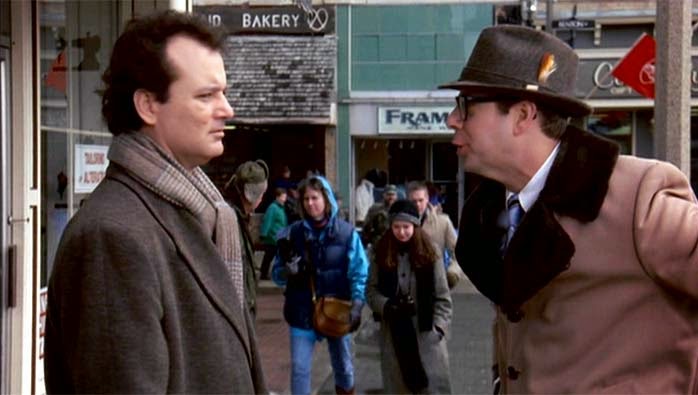Pressing on with analysis of favorite stories, specifically stories as puzzles, here's the second part of a new look at one of the greatest plays ever written.
 |
| Ophelia distracted by grief by Henrietta Rae (1890) image courtesy of wikipedia.org |
How do you judge if someone is intelligent, or courageous, or maladjusted or petty or dishonest? The list goes on.
We use the behavior of others to judge their character. In the long run this is, cynically speaking, to tell whether or not they're good for us to be around -- whether they'll appreciate the things we do for them, and whether we can trust them to do what they say they'll do.
So what can we learn from this story where almost everyone has secrets, double agendas, and is acting in a way contrary to their real intentions, and their real characters?
Let's run down the cast, working straight from the list given at the front of the play.
Dramatis Personae
We start with the worst offender.
CLAUDIUS, King of Denmark
The King gained his position by murdering his brother and marrying his brother's wife, with whom he had been carrying on an affair prior to the death of the king.
Apart from the fact that he came into his position under these false pretenses, his character is perhaps best revealed in the things he tends to do as king: put off real work for another time (like investigating political hints and trying to solve the problem of an incoming army), shoot guns and throw parties, and use his royal resources and political connections to spy on his crazy nephew/son and pile together schemes for further assassinations.
Claudius is the definitive con man.
He's pulling off the biggest swindle in history: stealing a whole kingdom with a quick trick and a bold and charming smile, and no one can take it from him, unless of course they can uncover and make known the truth.
Outside, he is very well spoken, even for Shakespeare, and he wishes to be seen as the light and example of the people, the man in Denmark who upholds and sustains all others. He commands the loyalty of all the other characters in the play, and constantly bestows the favors of the crown in reward for service, which loyalty and favors he only receives having proved himself to be as disloyal to the former King, his brother, as is imaginable. Inside, he confesses to be tortured by guilt and the unrepentant self-loathing of his sins and indulgences.
He is arguably the most selfish and short-sighted character in the piece, and his actions lead directly to his own death and the downfall of the kingdom.
The next candidate is somewhat less straightforward.
HAMLET, son to the late King Hamlet, and nephew to the present king
 |
| The man who jokes with pain, and with problems no one would believe image copyright Columbia Pictures |
Further, if he is correct, then are his motives really working for the good of the kingdom? Is he doing the right thing, or is he just using his own goals to justify wrong actions?
And if for either of these reasons his actions aren't justified, how is he any better than Claudius?
This will be explored further in the third post, but suffice to say the Prince is not excluded from the group that behaves one way but
The third is as guilty of double dealing as the first two, but for a different reason.
POLONIUS, Lord Chamberlain
 |
| image copyright 20th Century Fox |
Polonius is the chief counselor to the King. He's supposed to be the brains behind this whole organization. He's also arguably the dumbest character on stage, if our definition of stupidity is that which causes persons to do and say things they think they understand but which fail at all times due to a lack of understanding that they themselves are not aware of. That is, he thinks he's smart, but everyone else (except Claudius and Gertude) know he's a fool.
Ironically, Polonius is the character from which we get the often quoted line, "This above all, to thine own self be true," Act I Scene iii, followed by the less often quoted point of the sentence, "and it follows, as night the day, thou cans't be false to no man." The question of whether this sentiment is practically true, for example whether a con man can be successful while still feeling he is true to his own character, could be seen as the beautiful jewel that reflects and holds all the rest of the play inside it. The fact that people quote it out of context, and have generally forgotten that it's spoken for a laugh in the play (in the middle of a minutes-long stream of advice to his son, whom he's just commanded to get to his ship in a hurry) make it all the more odd to consider.
Next we get the first and perhaps only character who breaks the streak:
HORATIO, friend to Hamlet
Horatio is the exception to the rule. He is loyal, steadfast, intelligent, reasonable, and reserved. In most of his scenes he's both our audience proxy and our rock.
We can always count on him to say a thing and then do it, to truthfully express what he is thinking inside, and to be reasonable considering others when considering his own actions.
 |
| "Don't... be... dead. Would you, just for me, just stop it? Stop this." image copyright bbc international |
...As with the last entry of this discussion, we've already run on longer than planned. The rest of the list will follow in another post! Thank you for reading.


No comments:
Post a Comment